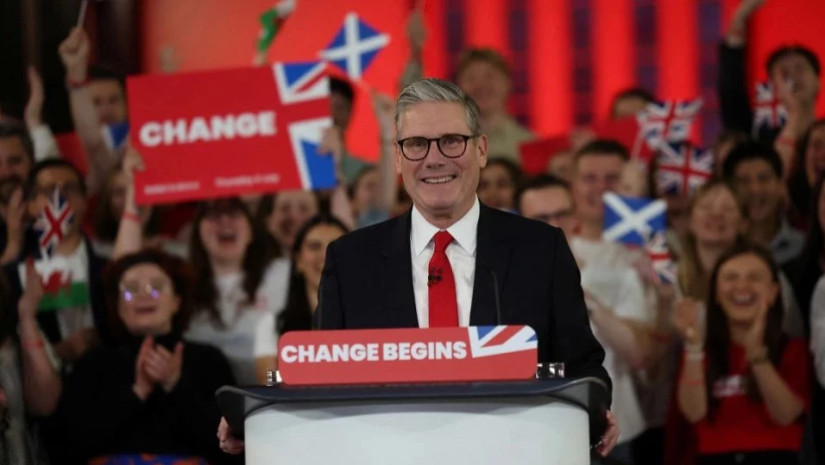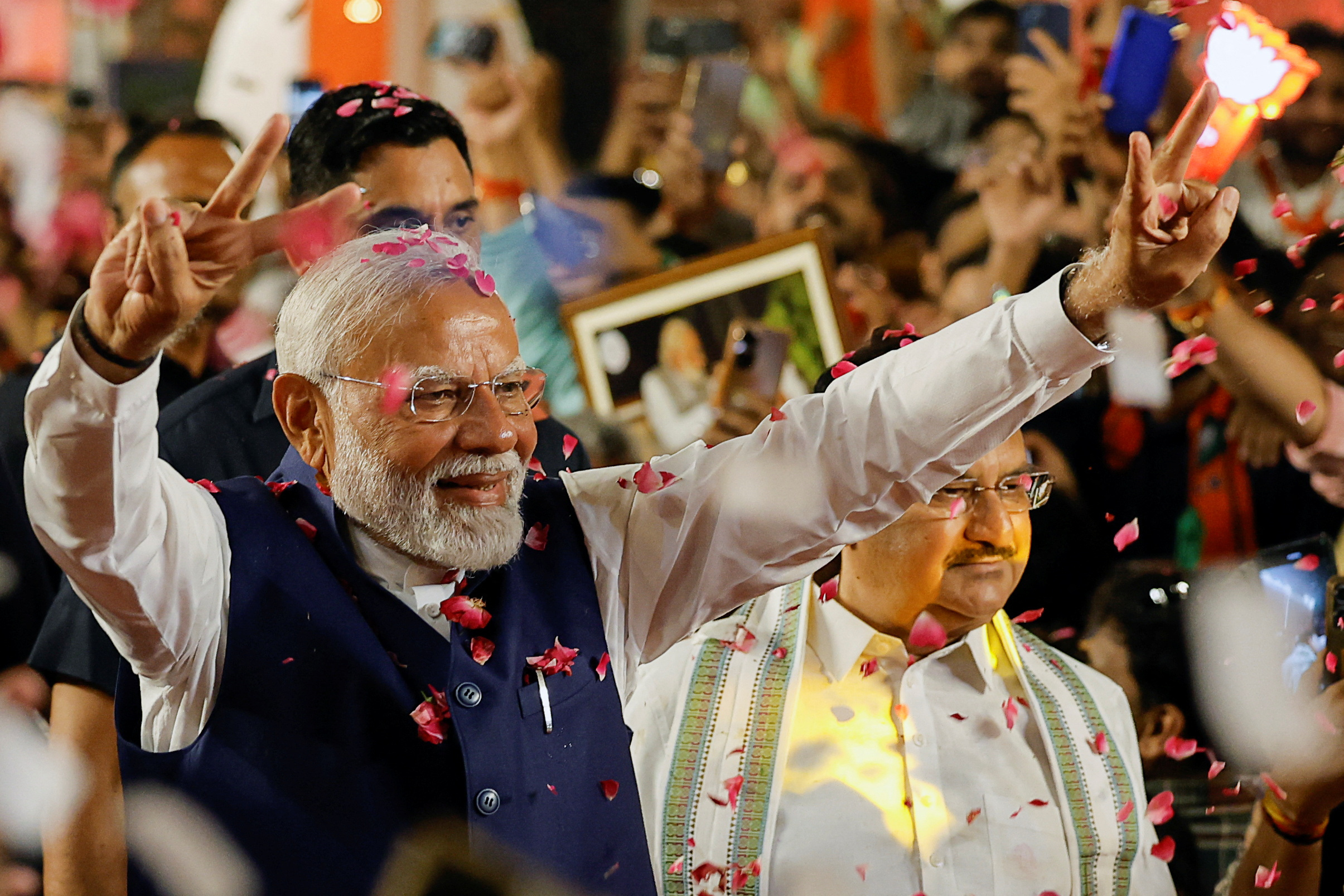Masoud Pezeshkian’s recent election as Iran’s president marks a significant shift in the country’s political landscape. Pezeshkian, a reformist and former health minister, has a long history of advocating for social freedoms and political reforms. Born in Mahabad, he has a background in medicine and has served multiple terms in the Iranian parliament. His election comes at a time of significant domestic and international challenges for Iran, including economic struggles and strained relations with the West.
Pezeshkian’s presidency could lead to more openness within Iran, especially in terms of social freedoms, such as relaxing the mandatory hijab laws. His stance on these issues has garnered him support among the youth and those seeking reform within the Islamic Republic. Internationally, Pezeshkian’s approach may signal a potential shift in Iran’s foreign policy, possibly paving the way for renewed negotiations on the nuclear deal and improved relations with Western countries.
However, his ability to implement significant changes will depend on the level of support he receives from Iran’s Supreme Leader, Ayatollah Ali Khamenei, and other powerful factions within the government. If Pezeshkian is given the necessary authority, his presidency could help ease internal tensions and improve Iran’s global standing.



